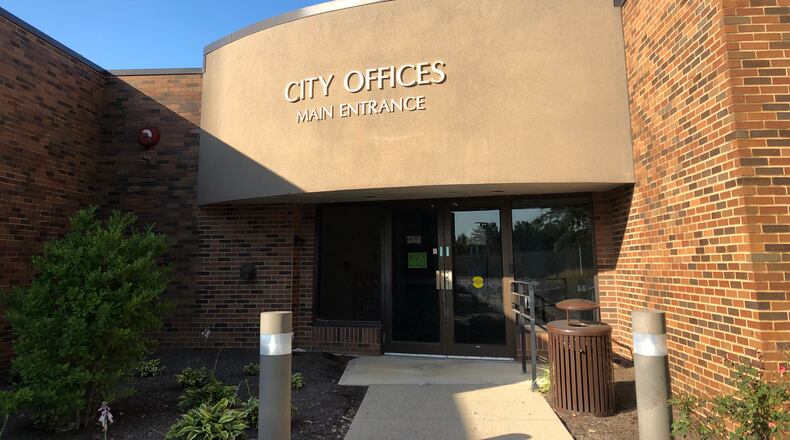The 10-year levy will be on the ballot in March, but the increased income tax wouldn’t take effect until Jan. 1, 2021.
Fairborn City Council voted to put the levy on the ballot at its meeting on Monday.
MORE: Fairborn Council focus is on growing economy
Fairborn’s income tax rate is currently 1.5%. The city is proposing levying an additional half a percent, bringing Fairborn’s income tax rate to 2%.
For someone making $50,000, that change would be an additional $20.83 per month. That adds up to an additional $250 every year for 10 years.
TRENDING: Dayton man charged with killing 2 teens in garage wants evidence barred
The city taxes earned income, so the proposed increase would not tax retirement income, Social Security or other forms of assistance.
This will not only effect Fairborn residents, Anderson said. People who live elsewhere but work in Fairborn, like those who work for Wright State University, would be affected by the income tax increase.
Anderson said the income tax would generate about $4.8 million annually for the police and fire funds.
“The opioid crisis has hit our departments hard,” Anderson said. “We’re a small-town police force dealing with big-city problems.”
Anderson said the city has been doing more with less for nearly 15 years. The city last asked residents for an increase in the income tax in 2005.
“Nothing is cheaper now than it was in 2005,” Anderson said.
MORE: Fairborn, Xenia: Court costs not shared fairly because of old law
Anderson said he and city staff chose not to make the levy permanent because in 10 years Fairborn will have to come back to the citizens and show that the city did what it said it would do with the money.
If the levy does not pass, Anderson said the city will choose not to fill open positions initially. Layoffs would be likely eventually, if new funding is not approved.
All city council members voted “yes” on the levy except for Tana Stanton, who abstained from the vote. Stanton, Kevin Knepp and Clint Allen were sworn in at the last council meeting on Dec. 2.
Staton opted to abstain because she felt she didn’t have enough time to work through the legislation.
About the Author

